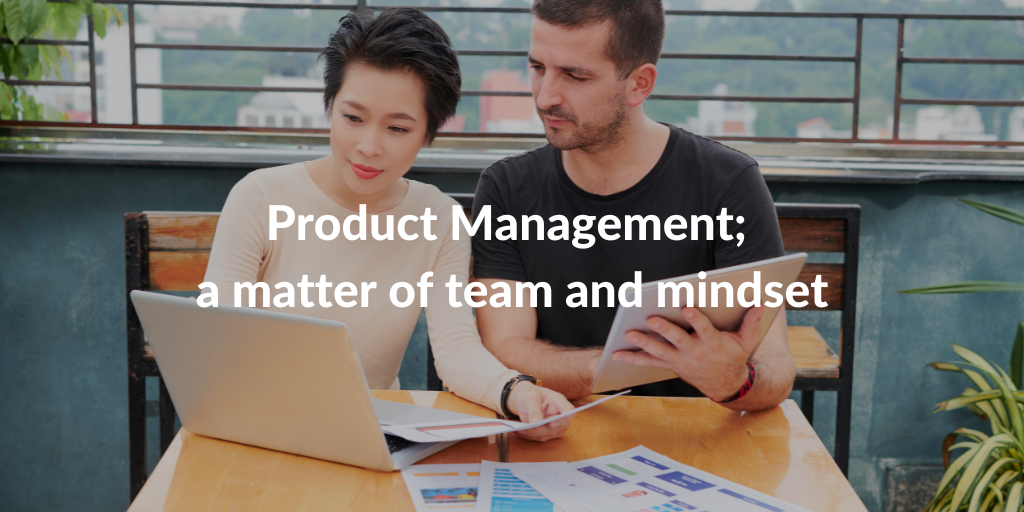Categories
Tags
Newsletter
Subscribe to the QRP International neswletter and get all the news on trends, useful contents and invitations to our upcoming events
Subscribe
Talking about product and, consequently, product management presupposes a reversal of the prevailing perspective: concepts such as team and mindset become central. The challenges of the future require us to rethink our approach to work, and product management is increasingly coming under the spotlight.
Product Management is the process of overseeing the development and sale of a product and/or product line through its lifecycle. The goal of Product Management is to create and deliver products that meet customer needs, generate revenue and drive business growth.
A Product Manager is responsible for identifying and defining a product’s market and determining the product’s features and functionality. The Product Manager is also responsible for creating a development plan and ensuring that the product is delivered on time, within budget and meets customer expectations.
When you look at the definition of Product Management, it looks very similar to the definition of Project Management. However there are some clear differences. The main difference is which of the two is most performing and effective.
A fundamental note however is that Project and Product Management are two different realities. They work with different objectives and follow different methods. We can only compare them to bring out the aspects that make them so different and equally useful in specific contexts.
A Project is characterized by a time, a budget, and a dedicated team that are defined at the start and also represent the point of arrival. The Project Manager follows the work and schedules it so as to comply with what was established in the initial analysis. Imagine him/her as a guide who has to take tourists from point A to point B, in x time and with y money at his/her disposal: if the guide succeeds, the guide is successful.
The Product, on the contrary, has no defined goal at the outset, except in terms of objectives: no deadline is set, but it proceeds by iterations. It does not have a fixed budget, other than compliance with the company’s business model, and involves a complete, cross-functional team. The Product Manager’s aim is to build a product that creates value for end users.
Beware, this does not mean going off the deep end, but having a pragmatic and Agile approach: one must be clear about the problem to be solved and the impact to be generated in all actors, but it is not defined at the outset how to act.
What one aims for in Product management is to achieve an adequate result in the shortest possible time, and then improve indefinitely and continuously.
There are several skills and qualities that are important in Product Management. Various soft skills, strategic thinking and a customer focused mindset. However more important than anything to bring product management to a success are the team and the mindset.
Working on a product means bringing together very different skills and attitudes: after all, it is not simply a matter of implementing requirements, there is much more to it than technicalities. A real problem-solving process involving a number of very different figures has to be applied.
Building a Product Team is, in fact, a rather complex and, let’s face it, expensive process. A Product Management team works together as different elements of an orchestra. The team has to be committed to validating hypotheses and implementing them concretely. The team also needs to work on different aspects at the same time, requiring different vertical professionalism.
Specifically, in a digital product team, we need
Only from the union of these specializations, their confrontation and the desire to learn and improve can a winning product be born.
The other aspect that strongly characterizes the world of product management is the mindset: what unites very different professionals is precisely their approach and working method.
To approach a non-linear process, in which nothing is given at the start but everything is experimentation and analysis, one necessarily needs a product-oriented culture, iterative implementation, a data-driven approach and a continuous search for feedback from users, as well as speed of execution.
Putting these principles and this way of looking at work into practice means exploiting specific methodologies and tools on a daily basis. These include:
Building a product is a question of skill and of specializations. It is above all a question of perspective: Product management is reversed compared to the more traditional approach, in which nothing is given at the outset but everything is a journey towards understanding and satisfying the end users, respecting business objectives.